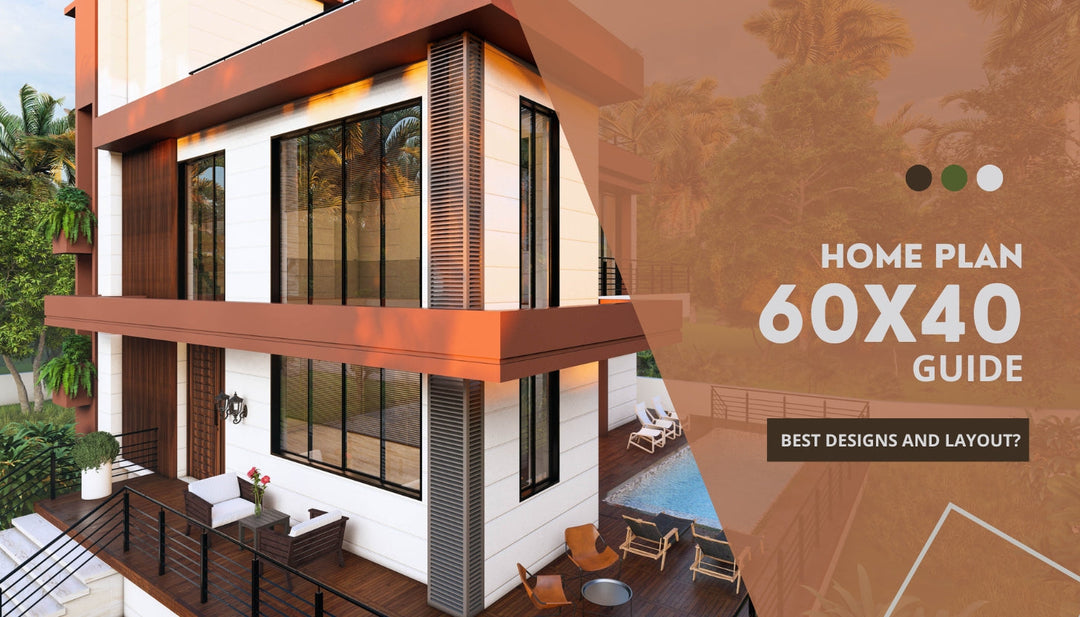Solar Panel on Home: A Guide to Rooftop Solar Systems in India
Homeowners in India are increasingly turning to rooftop solar systems to save on their energy bills and reduce their carbon footprint. With the cost of solar panels continuing to fall and government incentives available, now is a great time to consider investing in a rooftop solar system for your home.

What is a Rooftop Solar System?
A rooftop solar system, also known as a photovoltaic system, is a cluster of solar panels that are lodged on the roof of a building to generate electricity. The system comprises several essential parts, including solar panels, an inverter, and a monitoring system.
The solar panels made up of photovoltaic cells, convert the energy from the sun into direct current (DC) electricity. This DC electricity is converted into alternating current (AC) electricity using an inverter. The AC electricity is then either used to power the home or fed back into the grid. The monitoring system helps track the system's performance, including the amount of energy produced and the panels' efficiency.
How do they work?
In Principle, Rooftop solar systems work by converting the energy from the sun into electricity. Solar panels are made of photovoltaic cells, which are made of silicon and other materials designed to capture the energy from the sun. When the sun's rays hit the panels, they cause the electrons in the silicon to move, generating an electrical current. Below let us understand a setup with an example.

Typical Case Study for a Home in India
- The minimum terrace size required for a rooftop solar panel system should be approximately 100 to 150 square feet. This is based on the average energy consumption of a small to medium-sized Indian household.
- A solar panel system with a capability of 3 kilowatts (kW) to 5 kW is usually sufficient to meet the electricity needs of a family of three to four members. However, the actual capacity will be affected by factors such as geographical location, climate, shading from nearby trees or buildings, and the orientation and tilt of the roof.
- Regarding efficiency, the average solar panel system installed in India has an efficiency rate of 15% to 20%. With this efficiency rate, a typical Indian household with a solar panel system of 3 kW to 5 kW capacity can produce around 4,000 kilowatt-hours (kWh) to 6,000 kWh of electricity per year.
- The cost of a solar panel system for a home in India varies greatly depending on the size of the system, the type of panels used, the location, and other factors. The cost can range from INR 80,000 to INR 4 lakh for a 3 kW to 5 kW system.
- Now you can easily compare the system's significance by taking up your old electric bills and comparing them to the data above. Is it a suitable investment for your home? If yes, refer to some notable companies offering this system.
Most promising Companies that Provide Solar Systems in India
Many companies in India offer rooftop solar systems for homes. Some of the best companies include Tata Power Solar, Vikram Solar, and Waaree Energies. It's essential to research and choose a reputable company with a good track record and a warranty on their products.

Drawbacks of Rooftop Solar Systems
While rooftop solar systems offer many benefits, there are also some drawbacks. One of the biggest concerns is the system's initial cost, which can be substantial. Besides, rooftop solar systems require maintenance, including cleaning and occasional repairs, to ensure they function at their best. Another drawback is that not all homes are suitable for rooftop solar systems, as they require a proper roof that is free from shading and in good condition.
In conclusion, a rooftop solar system can be an excellent investment for homeowners in India looking to save on their energy bills and reduce their carbon footprint. With the cost of solar panels continuing to fall and government incentives available, now is a great time to consider investing in a rooftop solar system for your home. Contact OnGrid, your online home designer, to learn more about customised design solutions.








Avaada Group is leading the charge in India’s solar revolution. Their innovative approach to large-scale solar projects is helping to build a sustainable and resilient energy infrastructure, setting an example for others in the industry.
want to know more.
Leave a comment